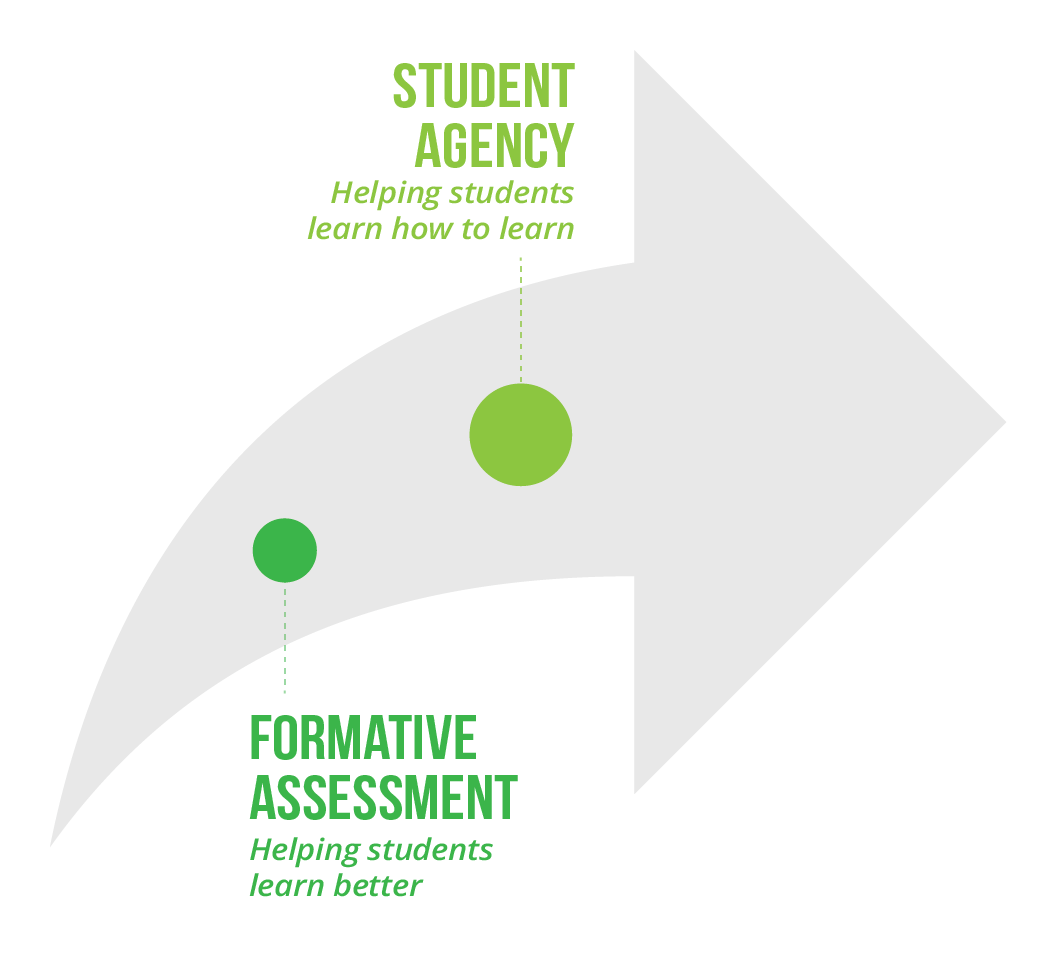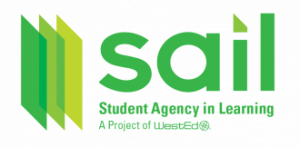Learning Formative Assessment
“Formative Assessment is defined as the process used by teachers and students to notice, recognize, and respond to student learning in order to enhance that learning, during learning.” (Cowie and Bell, 1999)
As teachers develop expertise in formative assessment, we often see progress in three distinct stages. Initially, teachers need time to explore their own “why”—their own rationale for taking on this work. During this phase, teachers explore what formative assessment will mean for them and for their students.

The second stage involves learning and applying the mechanics of formative assessment. Teachers explore the specific skills, such as using Success Criteria, eliciting evidence aligned to the Success Criteria, and developing new classroom routines to improve their use of questioning and feedback. The focus in this stage of learning is on helping students learn better, by gathering and using evidence to inform instruction. In SAIL, this work takes place in Modules 2, 3, and 4.
In Module 5, the SAIL learning design moves into the third stage of learning formative assessment. During this stage, the shift is from a focus on helping students learn better, to a focus on helping students learn how to learn. This shift involves students learning to apply formative assessment practices so that they develop metacognitive skills to manage their own learning.
Formative Assessment and Student Agency
Understanding the importance of formative assessment, student agency, and their relationship is at the center of the SAIL learning experience. When teachers implement formative assessment as a process, in collaboration with their students, it can have powerful effects on student agency and learning. In the graphic below, we can see how teachers and students use formative assessment as the foundation to move towards agency.

What Does Student Agency Look Like?
Students who exhibit agency in formative assessment classrooms do not exclusively rely on the teacher to carry the cognitive load of learning – they regularly attempt new tasks, develop and use cognitive strategies to move learning forward, and select from a range of tactics to address a new learning activity.
In formative assessment, peer feedback and self-assessment become routine instructional practices that help students develop metacognition and self-efficacy, critical elements of agency. This is supported by students beliefs that they can positively influence events if they take an active role in making their own choices.
Developing student agency is never done “to” students by teachers, rather it requires a new model of how learning takes shape, where learning is a joint responsibility equally shared by teacher and students. Next Generation Learning describes agency as arising from, “A deep and durable sense of self in charge of one’s learning and development.” In SAIL, teachers learn how to build students’ capacity to take on this greater responsibility.
Interested in bringing SAIL to your district?
To find out more about bringing this transformative professional learning and other related services to your district, contact us below.
You may also email Nancy Gerzon at [email protected]
or Bob Montgomery at [email protected].
